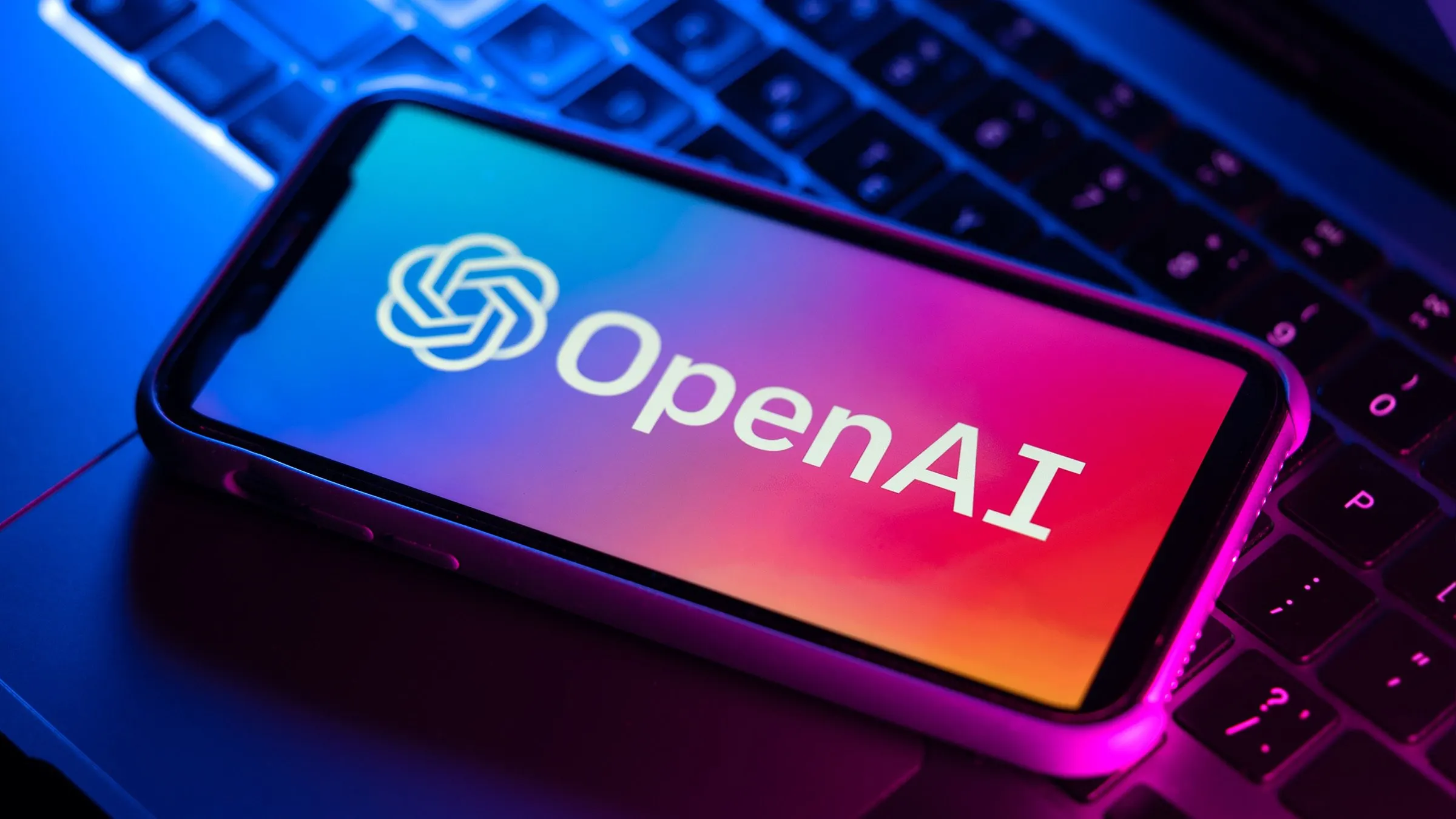OpenAI is on a roll, announcing back-to-back upgrades that allow users to customize two of its buzziest AI models.
The company revealed last month that ChatGPT users can now provide "custom instructions" to personalize the chatbot's responses. Now, OpenAI announced that fine-tuning is available for GPT-3.5 Turbo, allowing AI developers to achieve improved performance on specialized tasks through specialized data.
These enhancements could allow the company to maintain its leadership over well-funded competitors like Google’s Bard or Anthropic’s Claude.
“We've just launched fine-tuning for GPT-3.5 Turbo," OpenAI announced on Twitter. "Fine-tuning lets you train the model on your company's data and run it at scale.”
"Early tests have shown that fine-tuned GPT-3.5 Turbo can match or exceed GPT-4 on narrow tasks,” it added.
We've just launched fine-tuning for GPT-3.5 Turbo! Fine-tuning lets you train the model on your company's data and run it at scale. Early tests have shown that fine-tuned GPT-3.5 Turbo can match or exceed GPT-4 on narrow tasks: https://t.co/VaageW9Kaw pic.twitter.com/nndOyxS2xs
— OpenAI (@OpenAI) August 22, 2023
OpenAI explained that with fine-tuning, developers can directly shape GPT-3.5 Turbo's skills to fit their needs. For instance, a developer could fine-tune GPT-3.5 Turbo to generate bespoke code or summarize legal documents in flawless German after feeding it a corpus of existing data from across the client's enterprise.
This capability is especially valuable for businesses and developers building tailored user experiences. For example, companies can fine-tune the model to align with their brand voice to ensure that a chatbot has a complementary personality and tone.
The power of customization can also be seen in the Stable Diffusion developer community. Fine-tuned SD v1.5 models have achieved a quality level that outperform the base model, the more capable v2.1, and even be compare favorably to the top-of-the-line SDXL that was just recently launched.
Additionally, the benefits of fine-tuning extend to improved steerability, consistent output formatting, and reductions in prompt sizes, OpenAI says, leading to quicker API responses and reduced costs. For example, prompts could shrink by up to 90%, accelerating workflows and reducing costs.
While base GPT-3.5 Turbo models start at $0.0004 per 1,000 tokens (the basic unit of information handled by a Large Language Model), fine-tuned versions are more pricy at $0.012 per 1,000 input tokens and $0.016 per 1,000 output tokens. The initial training process also incurs fees based on data size. Still, the premium pricing may be worth it for the customization capability.
This is, again, on top of the "custom instructions" introduced for ChatGPT Plus users announced in July. For instance, users could specify their coding language of choice to ensure ChatGPT always suggests Python solutions. Other personalization options OpenAI recommends include location, hobbies, goals, and preferred tone.
Custom instructions allow users to shape ChatGPT into a personalized digital assistant tuned to their unique needs. Every conversation will follow the guidelines, removing the hassle of repeating preferences. Rather than a brand new model, the upgrade is a model that adopts a different “mindset,” so to speak.
The company has implemented measures to ensure the responsible use of the fine-tuning feature.
"To preserve the default model's safety features through the fine-tuning process, fine-tuning training data is passed through our Moderation API and a GPT-4 powered moderation system," OpenAI explains. This system attempts to identify and nullify unsafe training data, ensuring that even customized output is in alignment with OpenAI's safety standards.
It also means that OpenAI has a certain level of control over the data that users input into their models.
Between fine-tuning and custom instructions, OpenAI is handing more control to users looking to mold models to their exact requirements. As the battle for supremacy in generative AI rages on, customization may be the next frontier that gives OpenAI an edge. For now, however, these capabilities remain somewhat exclusive to paying customers.

